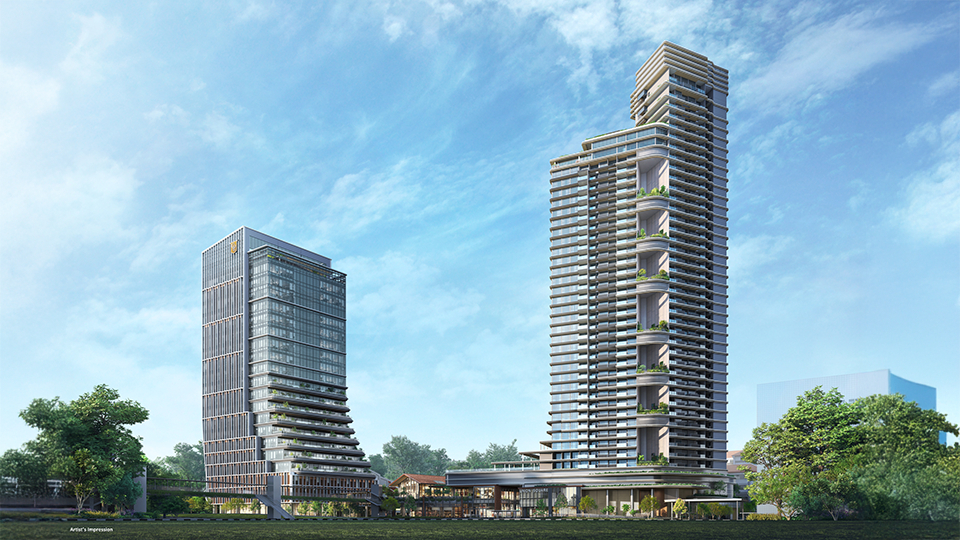SINGAPORE: The city-state’s real estate market is mobilising and getting ready for new activities as unscrupulous investors aim for cut-rate prime properties up ahead of and after the termination of the 90-day US tariff restriction.
According to the latest Singapore Business Review report, the provisional hiatus in the current US-China trade conflict has created a window of opportunity for resident and private wealth consumers to grab properties at more attractive appraisals, industry specialists say.
“Slower economic growth and reduced foreign investments might put downward pressure on property prices, which could lead to more attractive valuations,” said the head of research at Colliers Singapore, Catherine He. “Some investors will wait it out, but others will move quickly to secure prime assets,” Ms He further stated.
Industrial sector stays resilient with long-lease flexibility
Notwithstanding uncertainties worldwide, Singapore’s industrial property segment continues to be a stronghold. Alan Cheong, executive director of research and consultancy at Savills Singapore, confided that seven official transactions worth $211.2 million were documented in Q1, with long occupancies shielding the market from temporary instability.
“Factory and logistics space demand is unlikely to be impacted significantly, as end-users have already committed to long leases,” said Cheong. He stressed that any drop or elimination of tariffs over time would further even out the sector.
Mixed outlook for office space; residential market shows resilience
Trade pressures are anticipated to have a varied effect on office rentals. Cheong cautioned that older or less premium Grade B and C office buildings may face challenges, but prime spaces will be more stable. In the meantime, the Lion City’s residential property market remains appealing to local and international buyers alike.
“In uncertain times, locals increasingly see property as a safer haven than cash or equities,” Cheong said. He attributed this to baby boomers and early Gen X investors, whose amassed reserves and investments are now driving private home acquisitions.
Strategic caution urged for developers and investors
Industry leaders recommend that real estate developers stay vigilant, yet must also be hands-on for any subsequent occurrence. Colliers’ managing director Bastiaan van Beijsterveldt is encouraging geographic modifications and an emphasis on income-generating properties. He also highlighted the value of strategies that can retain tenants during turbulent times.
With Singapore’s securely structured property supply, developers have a degree of assurance, but property experts warn against aggressive bidding or assessment. “Developers should remain conservative with land acquisitions and new launches to weather the ongoing uncertainties,” Cheong firmly stated.

